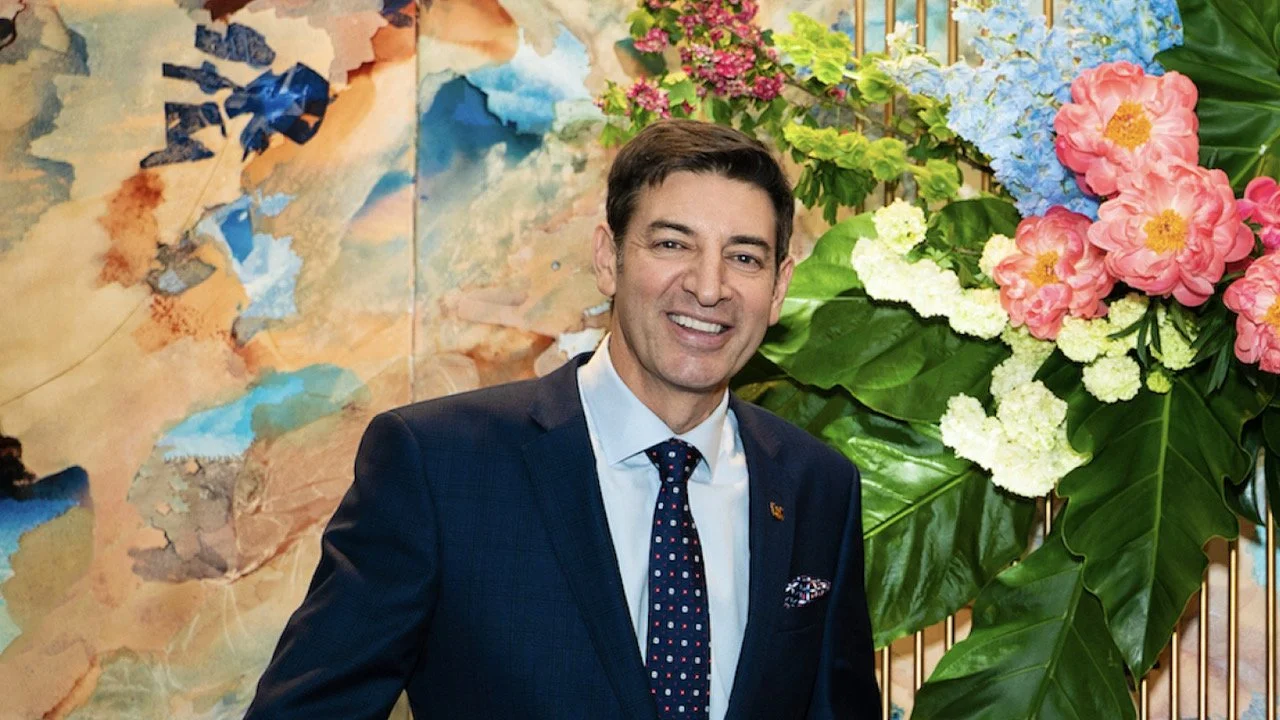Why Basil Zempilas and media types have an edge in politics
The common thread that links Basil Zempilas and a cohort of other media players who’ve made the leap into politics.
What is it about journalists who make the leap from the newsroom into the political realm and often to senior roles in government?
Although they were all cut from a different cloth, as we bear down on a State Election in early 2025, it is worth noting the pantheon of former media-players who have transitioned into politics. Oh yes, and let’s not forget Brian Burke although he trod his path well before my time.
Using Basil as my personal case study, if you like, as a senior producer in my Channel Seven days, I first encountered Basil, fresh from a media and arts degree at Murdoch University, and it was clear pretty early on that he was going to be a star.
While some might wonder at times about Basil’s penchant for self-promotion, I always found him to be someone willing to put his shoulder to the wheel and learn the lessons from those who’d already trudged the road to success. He enjoyed a unique relationship with the best in the business, notably Dennis Cometti and learned from talented sports journalists like Chris Young in his early days in the Seven Newsroom. The same applied to Alan Carpenter and Reece Whitby – both highly talented media operators.
So, what is the link between journalism and politics? I think it is a combination of two things. Firstly, the ability to communicate, notably the capacity to take complex issues and boil them down in ways that people from all walks of life can relate and understand.
It is also about clearly understanding what matters to the men and women who ultimately decide your fate at the ballot box. One of my great mentors in television was John Rudd, or JR, as he was affectionately known. What made John so successful as a television news director was his ability to focus on the things that mattered to the so-called “ordinary people”. I well recall JR starting a morning news conference with the simple question: Okay cobbers, tell me what the people of Perth care about this morning!
I suspect people like Basil, Libby, Reece, Alan et al made the transition more easily because they learned this crucial lesson from observing the behaviours of their mentors in media, who survived by focusing first and foremost on the public mood.
Yes, it is about the ability to articulate your message and all of these I’ve had the opportunity to observe closer than others have benefited from this experience. But I think what is often ignored is the importance of insight into the mindset of the people who sit in front of the telly, listen to the radio or read a newspaper and who ultimately decide the fate of anyone seeking elected office. Yes, social media now dominates how politicians communicate, but the principles of insight and content articulation remain the same.
This is a crucial lesson for any business or community organisation seeking success. It’s pretty simple really: Why should people care? What is it about the value you offer, what you promise and what you say that will get them off the couch and down to the equivalent of the local primary school to cast their vote?
The consumption of news media does not fit into Maslow’s hierarchy of needs. It is not crucial to survival like water, food or shelter. It is a discretionary activity. In the media jungle, you don’t survive if you don’t focus on what’s for dinner that night. That’s ultimately why I think those media animals often succeed where others fail. Is that a lion outside the tent? Or is it Basil contemplating his next meal?
Food for thought, I think…
For more insights and ramblings on strategic business communications and marketing from JLCA Director John Le Cras, visit the JLCA Journal page.


